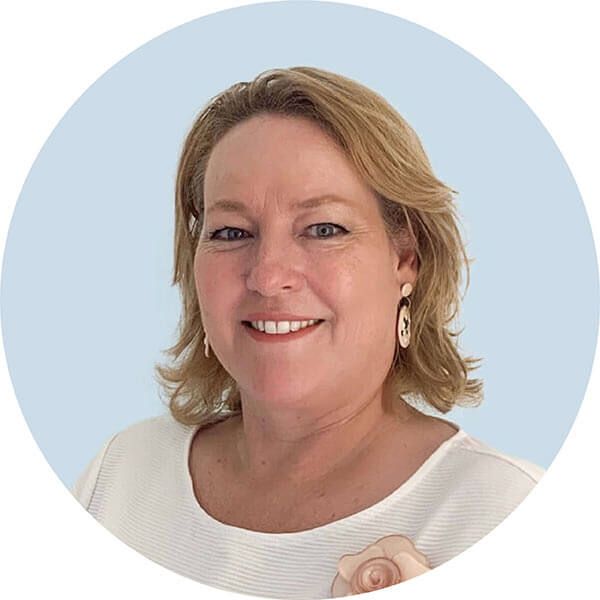Meet Rosie aged 42 and working casual hours. Rosie has been a full-time mum and has worked around the kids activities, casually over the years. Selling the family home was decided when Rosie couldn't buy her husband's share and wanting to streamline the separation. Rosie will be the primary carer for her 2 children aged 12 and 15; Rosie just wants to find a way to get back into her own home. With super funds to come to her and trying to get back into work so she can meet the criteria for a home loan Rosie expects when the house sells she will receive a settlement amount of around $140,000 and a split of his super of $72,000. Rosie figured her best option was to put the money into a Term deposit and just try and find suitable work for the next few years. The super funds coming to her would be rolled into Rosie's current super fund which was all on ‘default' options from the super provider.
We revised Rosies' insurances and reduced her premiums to her new situation and provision for the time she takes on a mortgage to increase without further medicals. We had Rosie's first conversation about investing and completed her risk profile, while she did not have a great knowledge about financial markets she knew what options she liked when given the choice. On that basis we established a super fund and investment option that had Rosie's Retirement fund well invested with Rosie realising she should have done this years ago when she set up her fund.
Rosie's assets are protected and her estate wishes have been reflected within her super and insurances to her current beneficiaries and cannot be contested by her “not yet divorced” husband. Rosie now sees that exploring options can help to improve your situation. All of a sudden Rosie has street lights helping to light up her path, to see where she is going!








